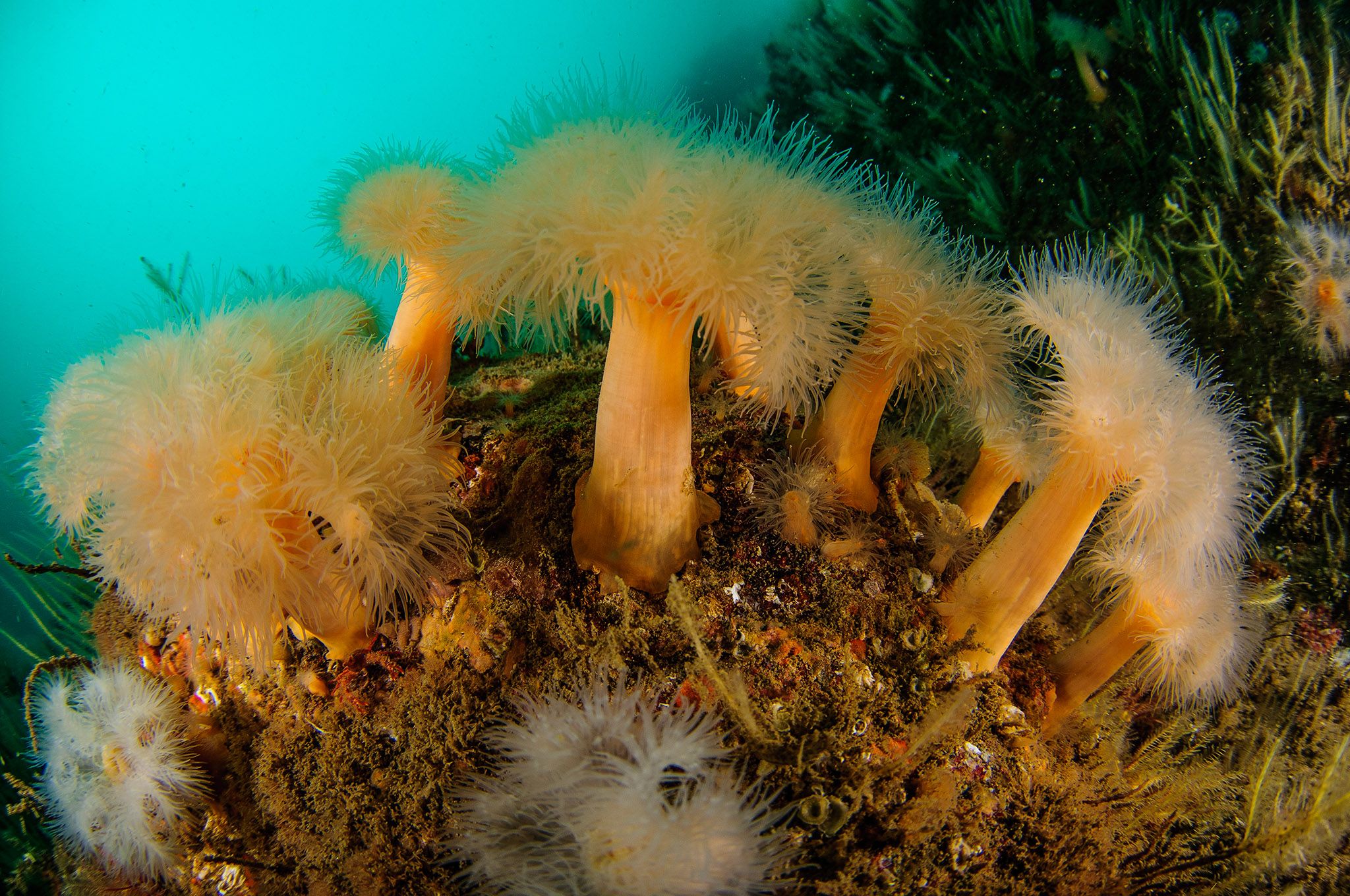‘A golden chance to restore our seas’ Scottish Govt consults on bottom trawl ban in offshore MPAs
Press Release Date: August 19, 2024
Location:
Contact:
Daisy Brickhill | email: dbrickhill@oceana.org

The Scottish Government has embarked on a public consultation that could ban destructive bottom-trawl fishing across 20 offshore marine protected areas (MPAs). For 15 of these, the government is considering two options – banning bottom trawling across the whole site, or protecting only ‘features’ – such as reefs – where they are present. For the remaining five, only site-wide bans are being proposed.
Hugo Tagholm, Executive Director of Oceana UK, said: “These ocean havens are home to some of Scotland’s most incredible marine wildlife, and this is our chance to restore, replenish and regenerate Scotland’s seas. The Scottish Government’s consultation on this vital issue is welcome and much needed.
The value of protecting the entirety of each marine protected area, rather than a piecemeal ‘features-based’ approach, should not be underestimated. Scottish offshore MPAs suffered almost 6,000 hours of suspected bottom trawling last year, Oceana’s analysis showed. If tiny patches of reef survived the onslaught that’s great, but encircling those fragments in a ring of industrialisation forestalls any chance of real recovery.”
Bottom trawling and dredging are destructive forms of fishing that effectively bulldoze seafloor habitats, plough up stores of blue carbon, and have extremely high rates of bycatch –indiscriminately scooping up untargeted wildlife. Despite this, they are permitted in almost all UK MPAs. These areas are designated to protect rare, threatened or important marine habitats and species to ensure healthy seas.
Research in Lyme Bay has shown that where reef features alone were protected from bottom trawling, the abundance of marine life increased by a small amount: 15%. But in areas where the entire seabed was protected across the whole site, that figure was 95%.
Tagholm continues: “The truth is, bottom trawling is brutal. So-called protected areas are decimated, as the living seabed is destroyed and along with it vital refuges for wildlife and the foundations of ocean health. From ancient corals to rare sharks – almost nothing escapes the weighted nets.
Scottish seas are already under pressure from the climate crisis, pollution and overfishing – they urgently need areas that provide a chance to regroup and build resilience. Bottom trawling has no place anywhere in MPAs.”
NOTES FOR EDITORS
- The consultation focuses on 20 offshore MPAs in Scottish waters that largely protect habitats. The seven other offshore Scottish MPAs; inshore MPAs; and MPAs that protect seabird populations are not part of the consultation.
- For 15 of the MPAs in the consultation, there will be two options – restrict bottom towed fishing across just the protected features, or close the whole site to bottom towed gear. For five sites, the only option proposed is to close the whole site. The consultation does not state which is the government’s preferred option.
- The designation and management of MPAs is a devolved issue – a consultation on similar measures in English offshore MPAs is expected from the Marine Management Organisation in autumn 2024.
- Across the whole of the UK, a shocking 33,000 hours of apparent fishing by vessels equipped with destructive bottom-towed fishing gear took place in offshore marine protected areas, satellite track analysis by Oceana revealed.
- Of the almost 6,000 hours of this apparent fishing that took place in Scottish offshore waters, with the most intense activity was found in the West of Scotland MPA (over 2,100 hours) and the Geikie Slide and Hebridean Slope MPA (over 900 hours).
- More broadly, Oceana’s Taking Stock report showed a third of UK fish populations remain overfished, including half of the ten stocks that the UK most relies on. This is leaving the ocean and the communities around it ever less resilient to the impacts of the climate crisis
